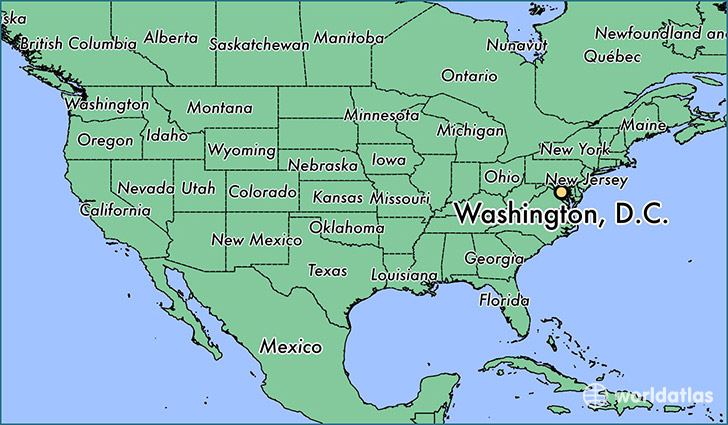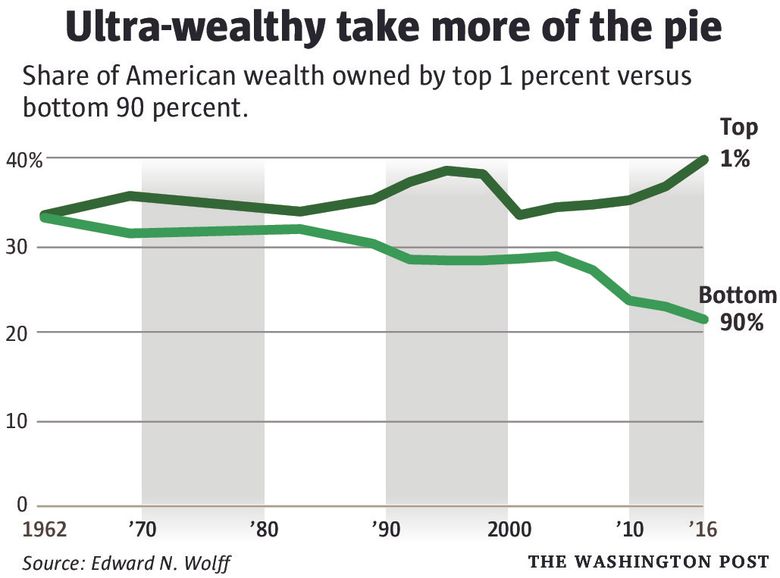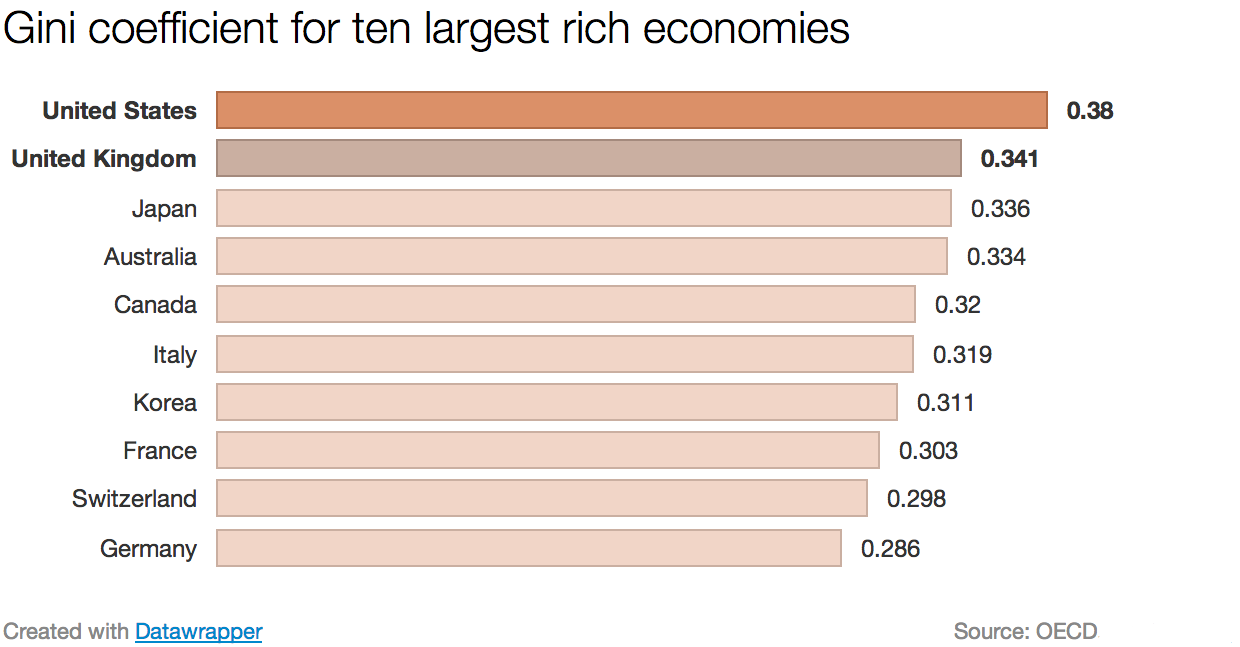Bibliography
Ingraham, Christopher. “Nation's Top 1 Percent Now Have Greater Wealth than the Bottom 90 Percent.” The Seattle Times, The Seattle Times Company, 8 Dec. 2017, www.seattletimes.com/business/economy/nations-top-1-percent-now-have-greater-wealth-than-the-bottom-90-percent/
Naveed, Minahil. “Income Inequality in DC Highest in the Country.” DC Fiscal Policy Institute, 4 Jan. 2018, www.dcfpi.org/all/income-inequality-dc-highest-country/.
Roller, Emma. “Washington, D.C. Has the Highest Income Inequality of Any State in the Country.” Splinter, Splinter, 9 July 2018,
Simpson, Ian. “The Wealth Gap Is Painfully Obvious In Washington D.C.” Business Insider, Business Insider, 1 Mar. 2014, https://www.businessinsider.com/r-to-see-us-wealth-gap-look-no-further-than-washington-2014-01
Yglesias, Matthew. “Everything You Need to Know about Income Inequality.” Vox, Vox, 7 May 2014, www.vox.com/2014/5/7/18076944/income-inequality



